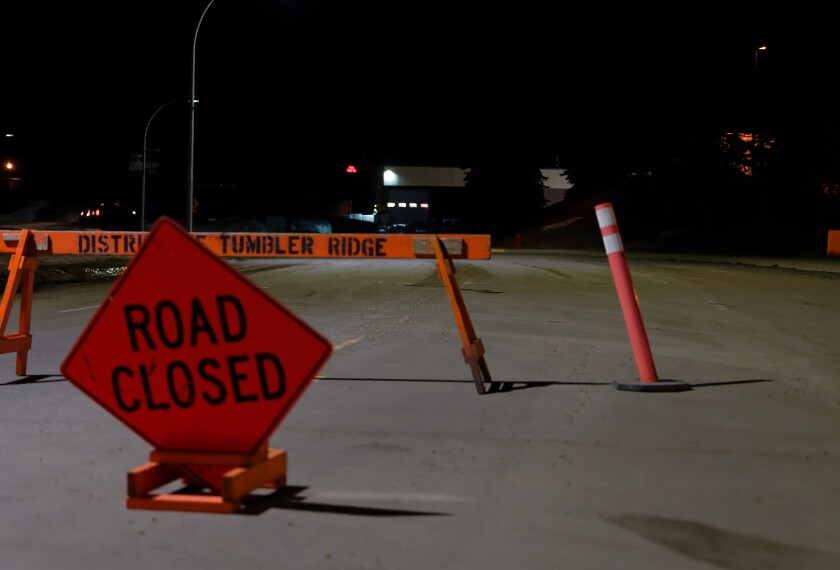Students whose peers in afterschool programs would intervene when students misbehaved were less likely to misbehave themselves, according to new research from Pennsylvania State University published in the American Journal of Community Psychology.
The researchers observed elementary students’ relationships at three after-school programs, and surveyed those students about relationships within the group and about how often they engaged in behaviors like shoplifting or damaging property. Students who felt connected to their afterschool group and thought that the group was likely to intervene when children were misbehaving were more likely to exhibit positive social behaviors like sharing.




